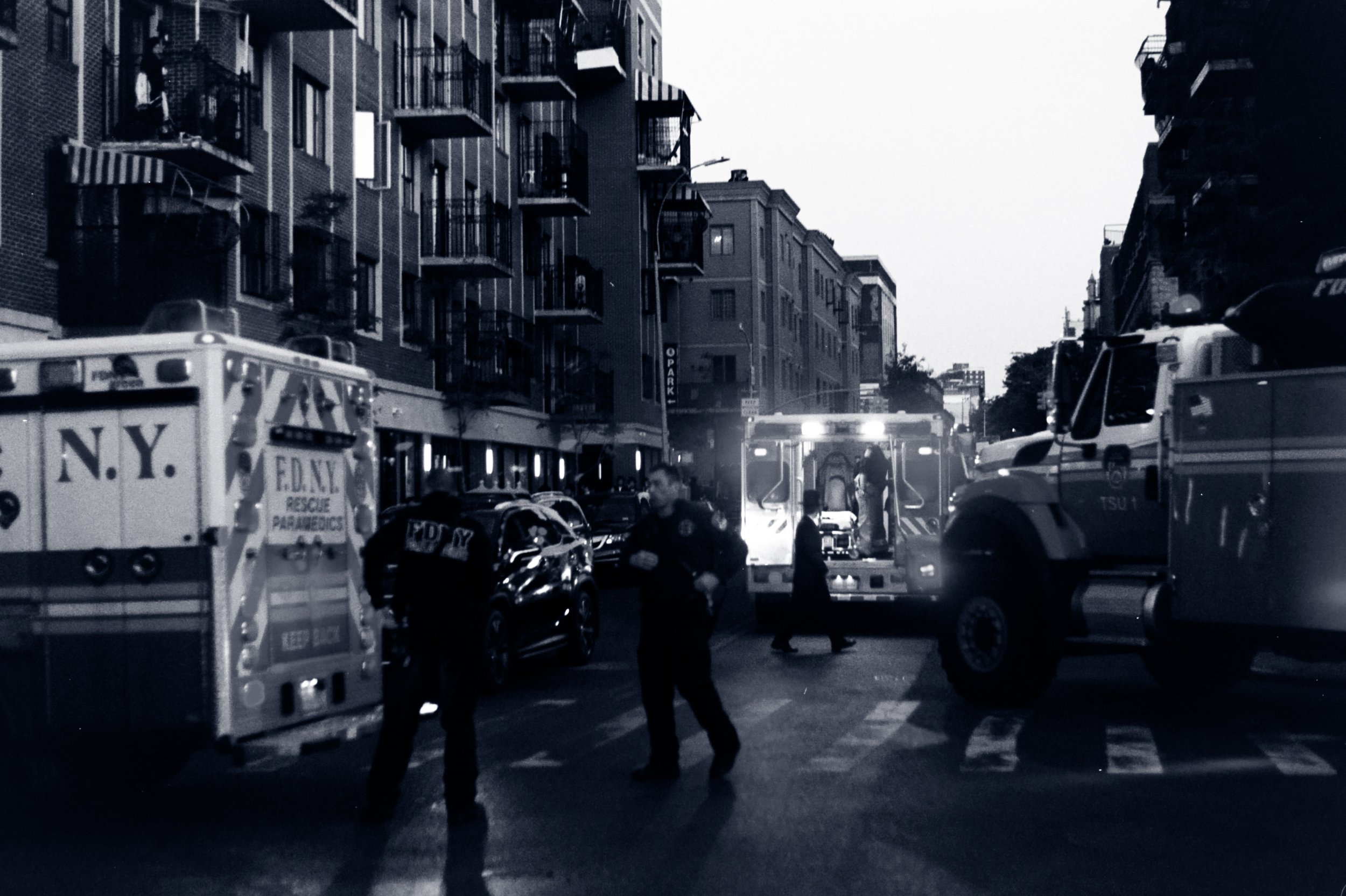How to Protect Yourself During an Active Shooting
What would you do vs. what should you do?
Over the past 20+ years, I’ve been asked by the local news networks to provide advice with regard to personal security. Most recently, WTAE asked me what to do in the event of a mass shooting. They also asked three civilians what they would do.
Here’s the 4 minute segment:
Two things struck me about the interview:
The complete lack of awareness of even the most basic safety protocol on the part of the civilians; and
How incomplete the standard active shooter safety protocol is from a practical standpoint.
Let’s start with the civilian interviewees.
Did WTAE’s producers find the most unaware individuals they could? Maybe. But the reality is these people represent the majority of Americans and their lack of knowledge about what to do during an active shooter situation.
The majority of Americans lack the basic knowledge about what to do during an active shooter situation.
There is a protocol that is shared widely by law enforcement. Perhaps you’ve seen/heard it before: RUN. HIDE. FIGHT.
I’ll be honest, it’s far from perfect. Why? Well, for starters, it lacks the simplicity of, say, STOP, DROP, and ROLL.
But beyond that (or maybe because of that), there are some serious cognitive gaps in the protocol, as it assumes two things that, again, for most people simply are not true. RUN HIDE FIGHT assumes:
A normal person, without proper training, is capable of making intelligent decisions in high-stress situations. They are not; their brains quite literally short-circuit.
A normal person, without proper context, understands what the words RUN HIDE FIGHT mean in the context of an active shooter situation. They do not; the fear causes them to act irrationally and they end up putting themselves and others at risk.
There is a better way, which I get into a little bit in the video, and which I’ll explore in my next post. Stay tuned.


